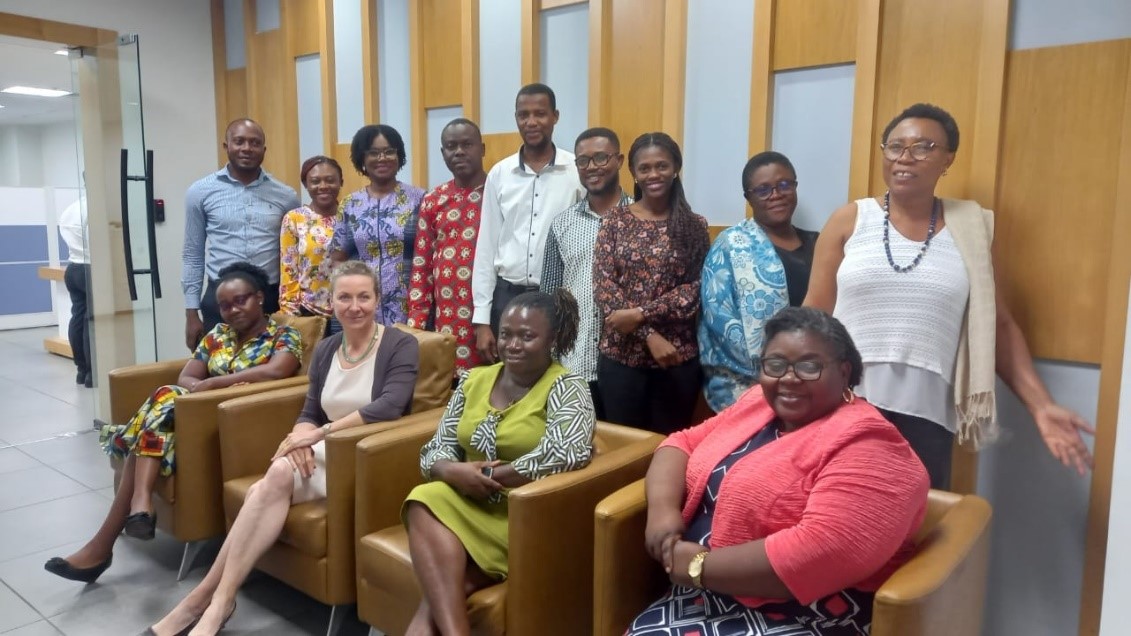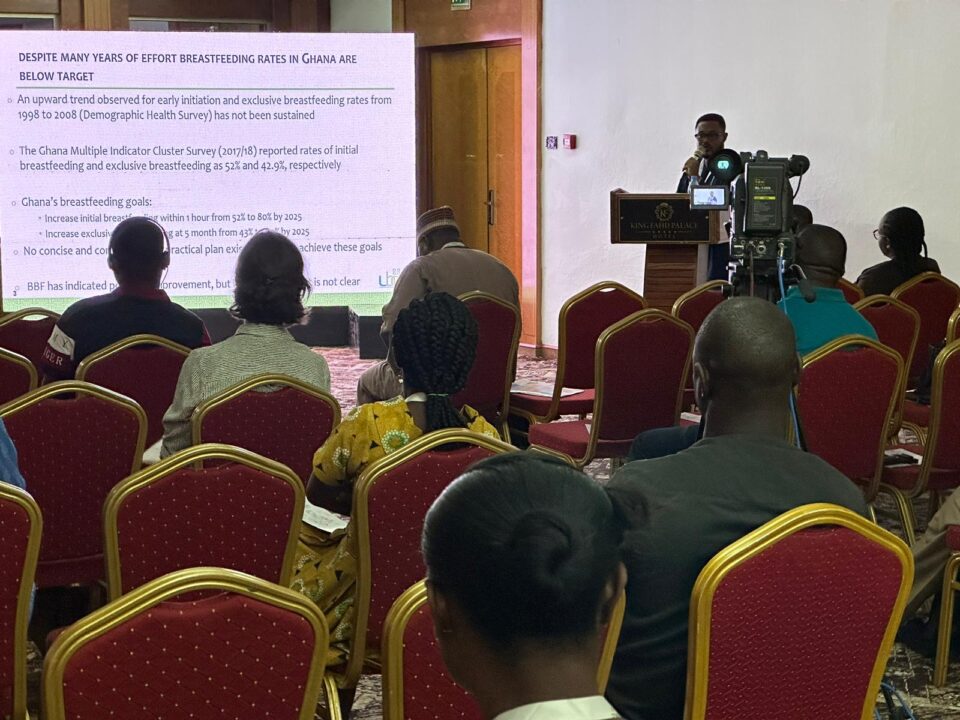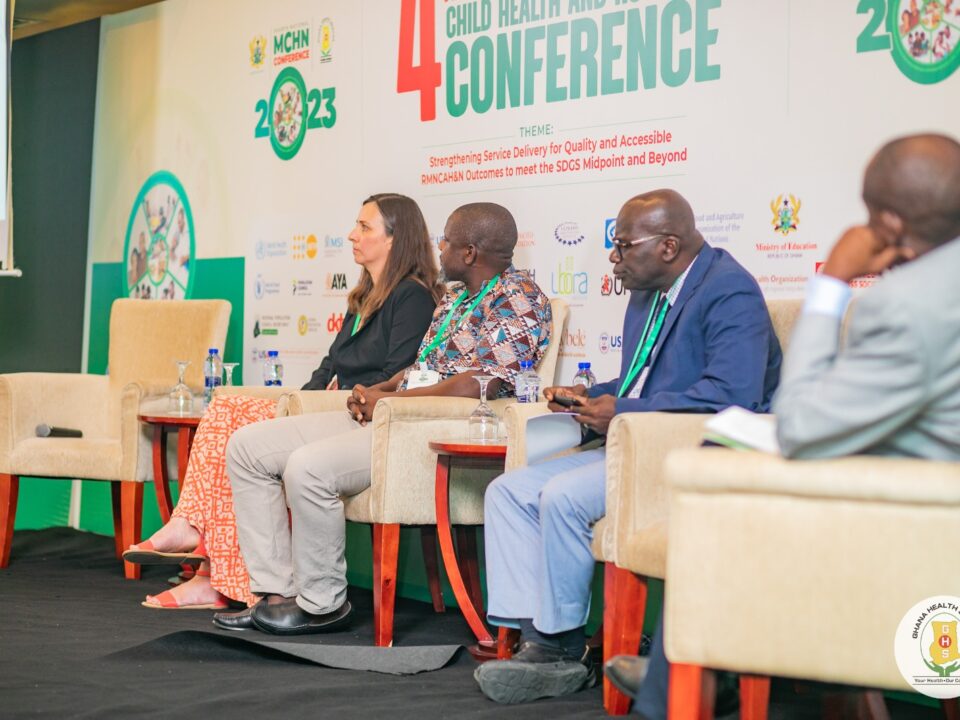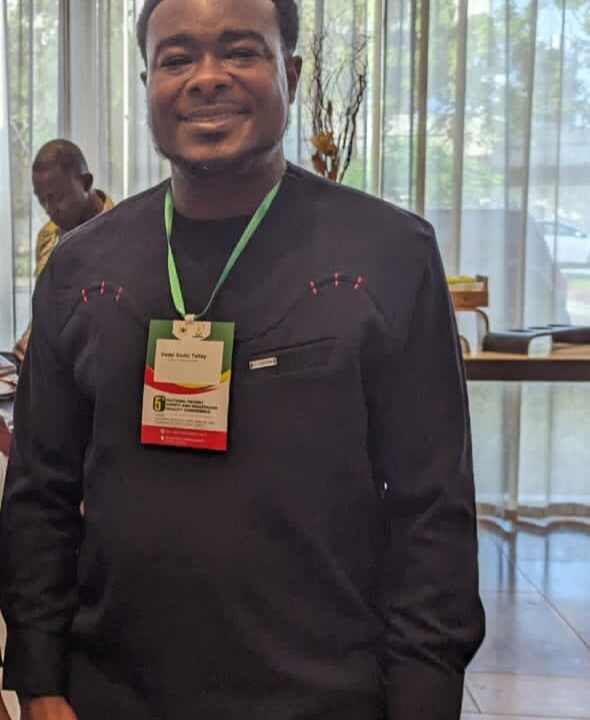The Breastmilk for Life project reaches important milestone
Training
July 6, 2023
Revitalizing Peer Mentorship: A moment To Pause, Reflect and Re-strategize
July 13, 2023Following the completion of the Analysis Phase of the Breastmilk for Life project, the Ministry of Health called for a Core Team meeting to provide updates to the team on this phase of the project, and seek the Core Team’s input at the beginning of the Strategy Development Phase, where data collected and analysed from mothers and influencers was being converted into action.
The meeting discussed barriers and drivers identified from interviews with mothers who have had children less than 2 years at the time of the interviews. From engagements with mothers and their influencers to breastfeeding, the main driver to breastfeeding was the good knowledge of the benefits of breastfeeding. However, three main barriers were identified: Technical knowledge gap by health workers, mothers and family; Postpartum breast and body distress burden (back pain, nipple sore, stress, blocked ducts, etc.); and Organizational challenges after discharge (managing household, and going back to work) as a result of breastfeeding. A few challenges were also ideprontified around the health of the mother and child. Although the Core Team members knew about these issues around breastfeeding practices in Ghana, the results from the Analysis Phase of the project had laid it bare.
Since 1993, Ghana has been driving an agenda to support breastfeeding, and to increase rates in early initiation, exclusive breastfeeding for 6 months and breastfeeding until 2 years. These grams, projects and activities have contributed to the immense knowledge gained by stakeholders on why it is important to breastfeed. However, the practicality of breastfeeding, and the real challenges for the different categories of women have had little attention. In light of discussions around the barrier and driver themes identified from interviews with mothers and their influencers, practical ways to support women address challenges around breastfeeding would be most impactful. Information materials using modular print media, audiovisuals, infographics, community radios, and call center operators equipped with technical knowledge, are potential channels for addressing knowledge and information gaps. The Core Team members present at the meeting represented the MoH GHS, CHAG, KbTH, FDA, FLRF and Ubora Institute.
Related posts
November 27, 2023
October 17, 2023




